Tura, Mar 31: A new body with the name – All A’chik Citizen’s Forum was today formed to object on the codification of the Garo Customary Law Bill 2009, which was passed by the Garo Hills Autonomous District Council (GHADC) on Wednesday.
The formation of the new body was taken at an emergent meeting called by the Mother’s Union, which was attended by several civil organisations including senior citizens of Garo hills.
The newly formed forum said in a release, “The citizens have found the codification as not transparent in nature and not accessible to the Garo Hills citizens during its formation”.
It also states that the codification is supposed be only a recording of practices, customs and traditions of tribes and not enactment and enforcement of laws. “The passing of the Bill has been arbitrarily done and imposed upon. The citizens would like to question whether the Act will make the nation progressive or regressive in this age of globalization. The Act is found to be divisive and not cohesive”, it further added.
The forum has also demanded repeal of the Garo Customary Laws Act passed by the GHADC and go for referendum and be put up for public scrutiny.
In the midst of anger and fear over the law, which has raised a debate, many have expressed their reservation on the bill.
Assistant professor from the Department of English in North Eastern Hill University Ramona Sangma has posed several questions to the council regarding the bill including status of a non-Garo child adopted by Garo parents, children born out of wedlock, whose father is unknown or undeclared, amongst others.
“How can a handful of “representatives” claim to represent the will of entire society without consensus, especially in matters of identity?” she asked.
Ramona explained that Garos are primarily socio-religious in practice and spirit and the only true reservoirs of Garo culture lies with the Songsarek (Garos who follow animistic religion, not converted to Christianity) living in clusters in remote villages.
“If preservation of culture is what propelled the council into passing this bill, how about working towards empowering them, maybe through reservation in education institutions, better job opportunities, alternative livelihoods, rather than using them as mere exhibits for cultural festivals”, Ramona added.
She has also pointed out that check and balance in the society already exist as far as customs and tradition of the Garos are concerned. “Cultures are preserved not through exclusion based on percentages of genealogical purity but through communion and mutual participation”, Ramona exhorted, while questioning council, “When the mahari (clan members) agrees to participate and support a marriage between a Garo and a non Garo, doesn’t it automatically symbolise acceptance?”
Hitting out hard at the council, she suggested that if unscrupulous elements are the target of ethnic cleansing, devise innovative ways and means of identifying them and weeding them out.
Commenting on the bill advocate Pakhi Momin said, “The codified customary law seems to be nothing but outcome of spite and resentment of certain sections of society”.
Heidi Momin, who is married to a non-Garo and lives in South Carolina speaking to this correspondent said, “Keep this bill and 50 years from now, there might be only a handful of ‘pure Garos’ left”.
Momin also said that many like her who are married to non-Garos have been trying to instill Garo culture in their families and making their partners and children imbibe and absorb Garo culture but such law will push them completely to the other side.
Many has ridicule the bill saying that if the council is talking about protecting the Garo culture, they should ask people to stop embracing western dresses and lifestyles.






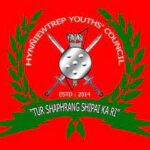




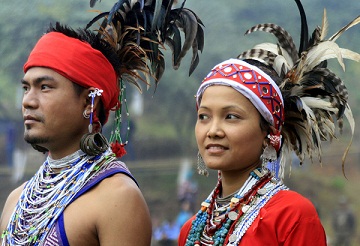

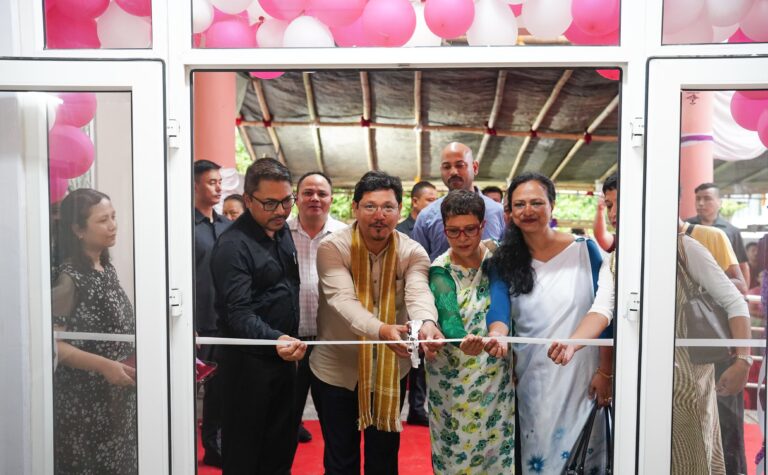


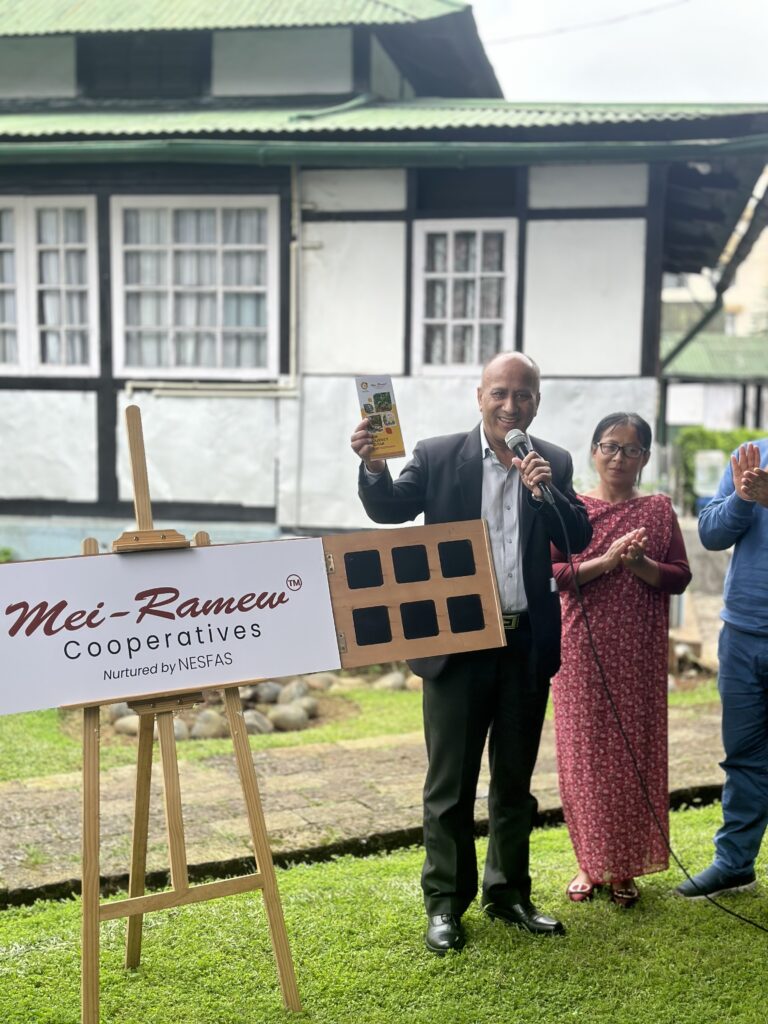
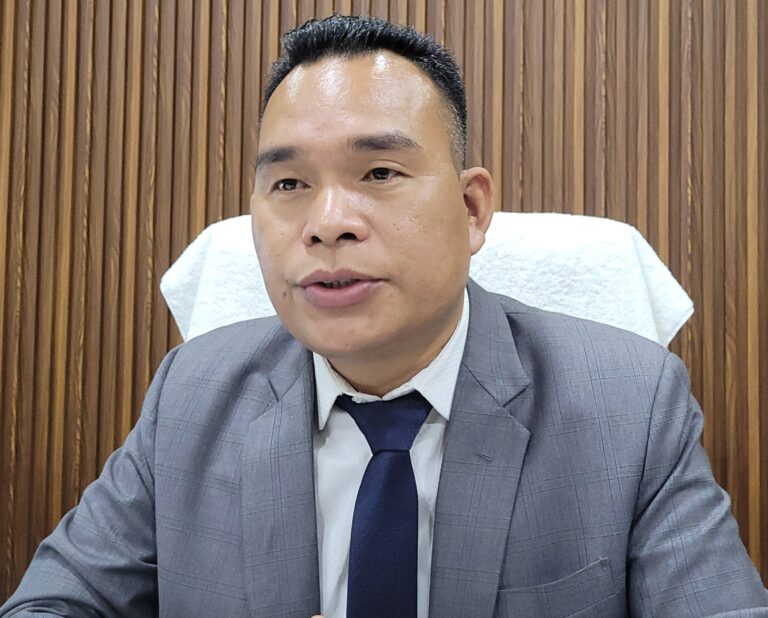
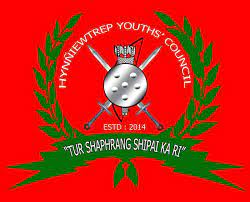


+ There are no comments
Add yours